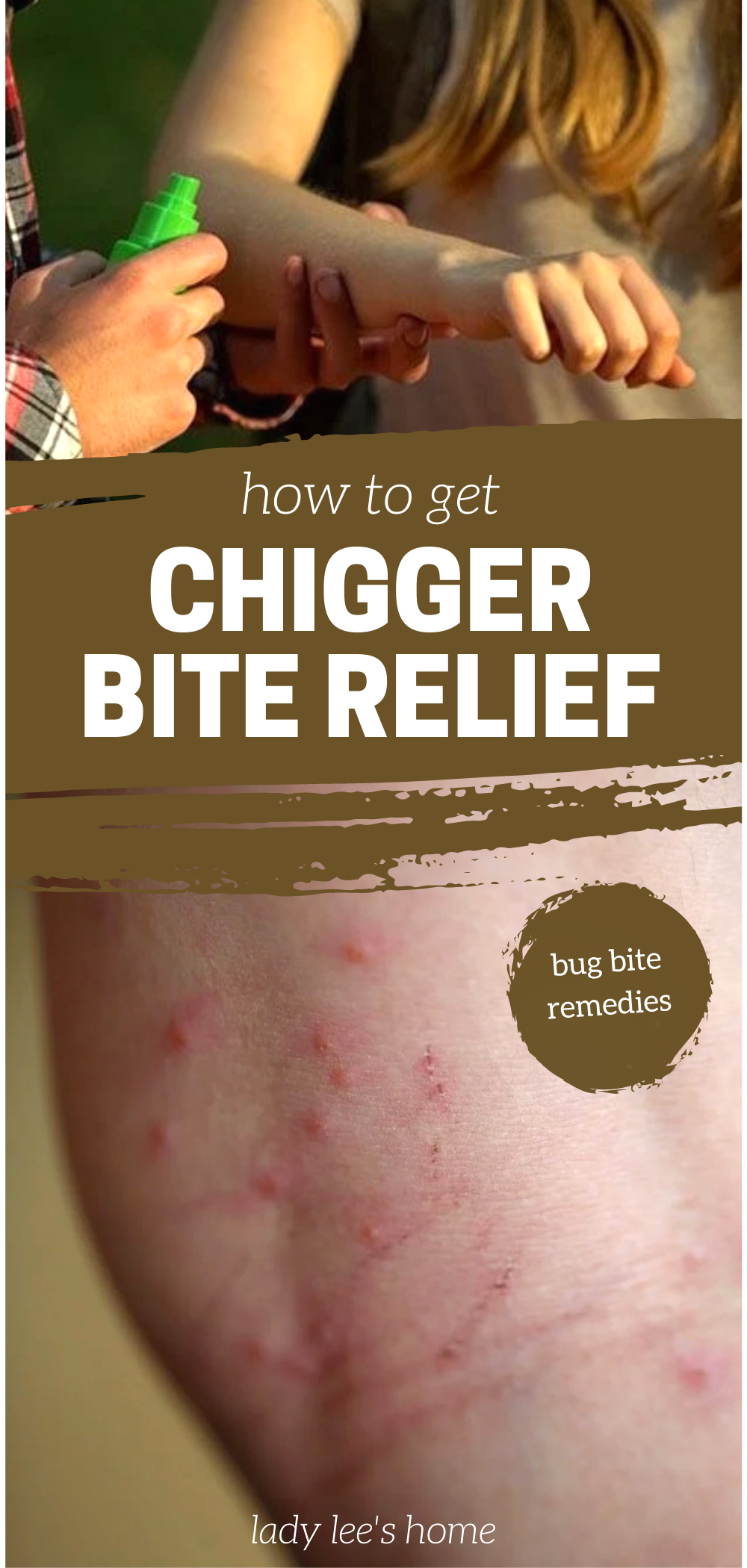Chigger Bite: Identify And Treat Itchy Bites

Chigger bites are a common nuisance during warm weather, especially in grassy or wooded areas. These tiny, six-legged mites can cause intense itching and discomfort, making it essential to identify and treat the bites promptly. Understanding the characteristics of chigger bites, how to recognize them, and the most effective treatment options can help alleviate symptoms and prevent potential complications.
Identifying Chigger Bites
Chigger bites often appear as small, raised red bumps on the skin, typically in areas where clothing fits tightly, such as the waistband, armpits, or belt line. The bites may resemble small blisters or pimples, and they can be extremely itchy. In some cases, a red rash or patch of small bumps may appear. The bites usually occur in clusters or groups, which can help distinguish them from other types of insect bites.
Symptoms of Chigger Bites
The symptoms of chigger bites can vary in severity, but common signs include:
- Intense itching: The most characteristic symptom of chigger bites is intense itching, which can be severe enough to disrupt daily activities and sleep.
- Redness and swelling: The affected area may become red, swollen, and inflamed, especially if scratched.
- Small, raised bumps: The bites appear as small, raised red bumps on the skin.
- Blister-like lesions: In some cases, the bites can develop into small blisters or vesicles.
Treatment Options for Chigger Bites
While chigger bites can be uncomfortable, they are generally not serious and can be treated with over-the-counter remedies and home care measures. Here are some steps to relieve the symptoms:
- Apply calamine lotion or hydrocortisone cream: Over-the-counter calamine lotion or hydrocortisone cream can help reduce itching and inflammation.
- Use cool compresses: Applying a cool, wet compress to the affected area can help relieve itching and reduce swelling.
- Take oral antihistamines: For more severe itching, oral antihistamines like diphenhydramine (Benadryl) can provide relief.
- Avoid scratching: Scratching can lead to infection and prolong healing time. Keeping fingernails short and wearing gloves at night can help prevent scratching during sleep.
- Bathe with colloidal oatmeal: Colloidal oatmeal baths can soothe itchy skin and reduce inflammation.
Step-by-Step Treatment Guide
- Wash the affected area with soap and water to reduce the risk of infection.
- Apply calamine lotion or hydrocortisone cream to alleviate itching and inflammation.
- Use cool compresses several times a day to soothe the skin.
- Consider taking oral antihistamines for severe itching, following the recommended dosage instructions.
Preventing Chigger Bites
Prevention is key to avoiding the discomfort of chigger bites. Here are some effective preventive measures:
- Wear protective clothing: Wearing long sleeves, long pants, and closed-toe shoes can help prevent chiggers from attaching to the skin.
- Apply insect repellent: Using insect repellents containing DEET, picaridin, or oil of lemon eucalyptus on exposed skin and clothing can help repel chiggers.
- Avoid prime chigger habitats: Chiggers are commonly found in grassy, wooded, or brushy areas, especially in warm, humid environments. Avoiding these areas or taking precautions when entering them can reduce the risk of encountering chiggers.
- Wash clothing and gear: After spending time outdoors, washing clothing and gear in hot water can help kill any chiggers that may have attached.
How long do chigger bites last?
+Chigger bites can last anywhere from a few days to several weeks, depending on the severity of the reaction and the effectiveness of treatment.
Can chigger bites transmit diseases?
+In the United States, chiggers are not known to transmit diseases to humans. However, in some parts of the world, particularly in Asia, certain species of chiggers can transmit scrub typhus, a serious infectious disease.
How can I tell if my symptoms are due to chigger bites or another condition?
+If you're unsure about the cause of your symptoms, consulting a healthcare provider is advisable. They can diagnose the condition based on the appearance of the bites, your symptoms, and other factors, and provide appropriate treatment.
In conclusion, while chigger bites can be itchy and uncomfortable, they are generally treatable with over-the-counter remedies and home care measures. Understanding how to identify and treat chigger bites, as well as taking preventive measures, can help reduce the discomfort and risk associated with these tiny mites. Remember, if symptoms worsen or you’re unsure about the cause of your symptoms, it’s always best to consult a healthcare provider for professional advice and treatment.